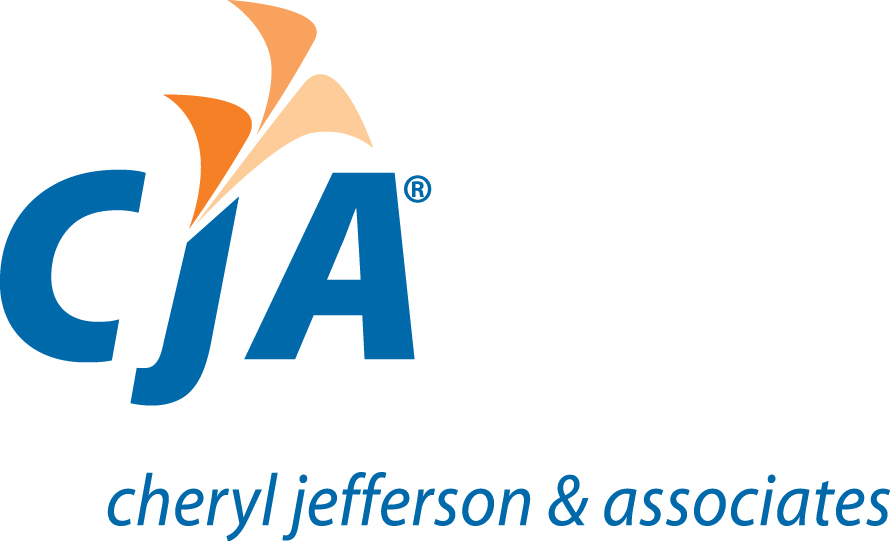Common Problems for the Incurred Cost Submissions The Federal Acquisition Regulations (FAR) requires government contractors with certain contracts to submit an incurred cost submission (ICS). FAR 52.216-7 requires contractors who have time and material (T&M) or cost-reimbursable contracts to…
Read MoreWorking Capital & Liabilities
Working capital is the difference between a company’s current assets and its current liabilities. Current assets include cash, inventory, receivables, and other assets which are expected to be turned into cash within one (1) year. Current liabilities include accounts payable, loans…
Read MoreUncompensated OT Hours
Uncompensated OT Hours Government contractors with salaried employees could potentially have uncompensated overtime (OT). Uncompensated OT affects Incurred Cost Submissions, Proposed Budget Rates, Indirect Rates, and billing the government. Improper handling of uncompensated OT can result in the contractor most…
Read MoreICS Schedules Explained
ICS Schedules Explained Have you seen all the schedules on an Incurred Cost Submission (ICS)?! The ICS seems to never end. Why are there so many schedules and what do they do? Before explaining all these schedules, a quick review…
Read MoreDCAA Compliance Checklist
DCAA Compliance Checklist For government contractors, it is extremely important to be Defense Contract Audit Agency (DCAA) compliant. Now that tax season is almost over, government contractors should take some time to make sure they are DCAA compliant. Below is…
Read MoreIncurred Cost Submission
Common Problems for the Incurred Cost Submission Besides of failing to submit an incurred cost submission (ICS) when required by the contract (“Who needs an Incurred Cost Submission?”), some of the most common ICS problems are found within the recording…
Read MoreWho needs an Incurred Cost Submission?
What is an Incurred Cost Submission and Who Needs to Submit One? The Federal Acquisition Regulations (FAR) clause FAR 52.216-7 requires government contractors to submit final annual indirect cost rates six months after the fiscal year end; known as the…
Read MoreCost Reimbursement Contracts
Cost Reimbursement Contracts Federal Acquisitions Regulations (FAR) 16.301-1 defines cost reimbursement contracts as contracts which allow for payment of allowable costs up to the agreed estimated ceiling amount. There are four types of cost reimbursement contracts. A cost sharing contract…
Read MoreGovernment Contract Accounting
In order to be successful it is highly recommended, government contractors must work closely with their accounting firm in order to verify reports, procedures, policies, and timekeeping to make sure they are compliant with contract requirements. It is essential for your organization to…
Read More
